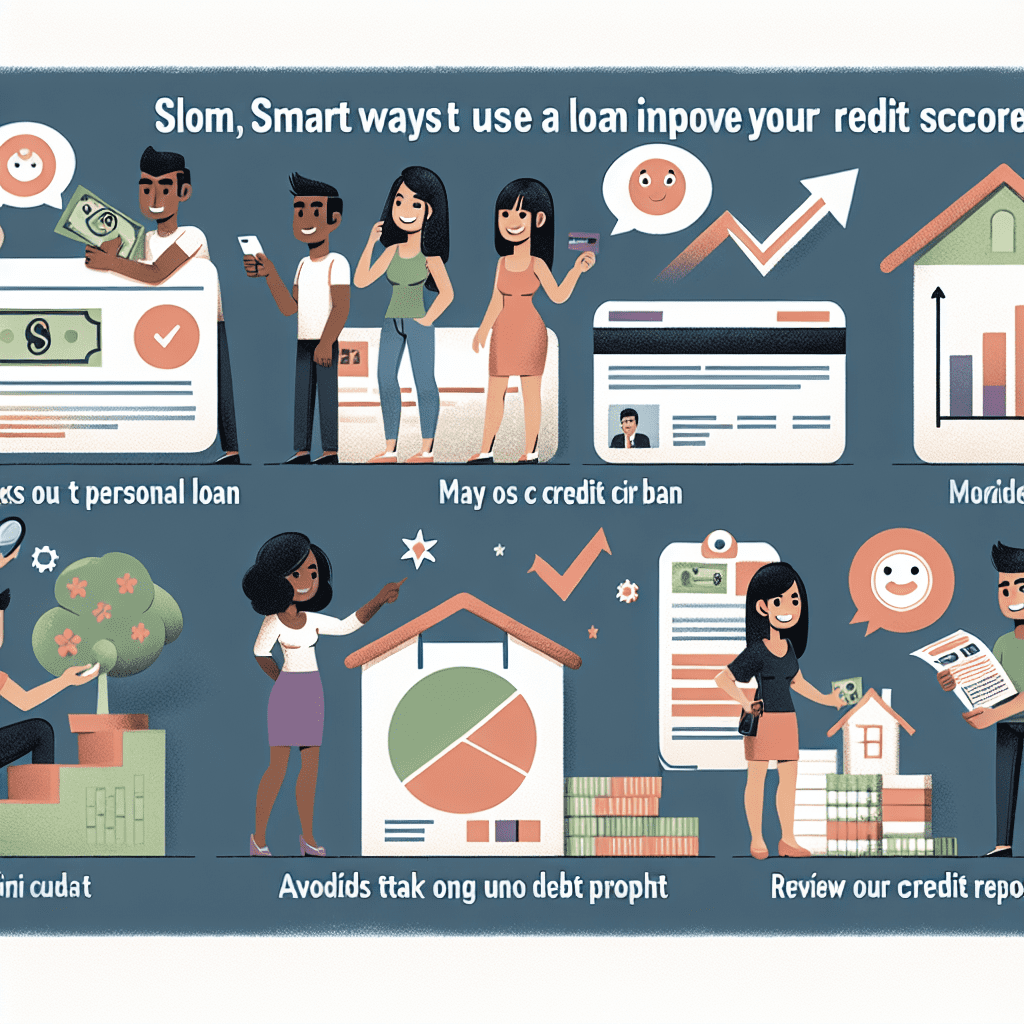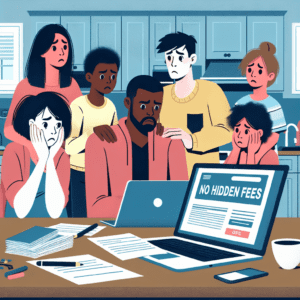Your credit score plays a crucial role in your financial health, influencing your ability to secure loans, credit cards, and even rental agreements. If your credit score is less than ideal, using a loan strategically can help you improve it. In this article, we’ll explore smart ways to use a loan to boost your credit score effectively.
How Loans Affect Your Credit Score
Before diving into strategies, it’s essential to understand how loans impact your credit score. Your credit score is determined by several factors, including:
- Payment History (35%) – Making on-time payments is the most significant factor.
- Credit Utilization (30%) – The amount of credit you use compared to your total available credit.
- Length of Credit History (15%) – The longer your credit history, the better.
- Credit Mix (10%) – A diverse mix of credit accounts (loans, credit cards) can be beneficial.
- New Credit Inquiries (10%) – Too many hard inquiries can temporarily lower your score.
By using a loan wisely, you can positively influence these factors and improve your credit score over time.
Smart Ways to Use a Loan to Improve Your Credit Score
1. Take Out a Credit-Builder Loan
A credit-builder loan is specifically designed to help individuals establish or improve their credit. Unlike traditional loans, the lender holds the loan amount in a savings account while you make fixed monthly payments. Once the loan is fully paid, you receive the funds.
Benefits:
- Helps establish a positive payment history.
- Improves credit mix by adding an installment loan.
- Encourages disciplined financial habits.
2. Use a Personal Loan to Consolidate Debt
If you have high-interest credit card debt, taking out a personal loan to consolidate it can be a smart move. A personal loan typically has a lower interest rate than credit cards, making it easier to manage payments.
How It Helps:
- Reduces your credit utilization ratio by paying off revolving debt.
- Allows for a structured repayment plan with fixed monthly payments.
- Improves your credit mix by adding an installment loan.
3. Make Timely Loan Payments
Regardless of the type of loan you take, making on-time payments is crucial. Since payment history accounts for 35% of your credit score, even one missed payment can have a significant negative impact.
Tips for Success:
- Set up automatic payments to avoid missing due dates.
- Use reminders or budgeting apps to track payment schedules.
- Communicate with your lender if you anticipate difficulty making a payment.
4. Avoid Taking on Too Much Debt
While loans can help improve your credit score, taking on too much debt can have the opposite effect. Lenders assess your debt-to-income ratio (DTI) when evaluating your creditworthiness.
Best Practices:
- Only borrow what you can afford to repay comfortably.
- Avoid multiple loan applications in a short period to prevent hard inquiries from lowering your score.
- Focus on paying down existing debt before taking on new loans.
5. Consider a Secured Loan
If you have a low credit score or limited credit history, a secured loan can be a great option. These loans require collateral, such as a savings account or vehicle, which reduces the lender’s risk.
Advantages:
- Easier approval compared to unsecured loans.
- Lower interest rates due to reduced risk for lenders.
- Helps build a positive payment history when managed responsibly.
Common Mistakes to Avoid
While using a loan to improve your credit score can be beneficial, there are some pitfalls to watch out for:
- Missing Payments: Late or missed payments can significantly damage your credit score.
- Applying for Too Many Loans: Multiple hard inquiries in a short period can lower your score.
- Ignoring Loan Terms: Always read the terms and conditions to avoid hidden fees or high interest rates.
- Overborrowing: Taking on more debt than you can handle can lead to financial strain.
Final Thoughts
Using a loan strategically can be an effective way to improve your credit score, but it requires careful planning and responsible financial management. Whether you opt for a credit-builder loan, debt consolidation, or a secured loan, the key is to make timely payments and avoid unnecessary debt.
By following these smart strategies, you can gradually build a strong credit profile, opening doors to better financial opportunities in the future. If you’re unsure about the best approach, consider consulting a financial advisor to tailor a plan that suits your needs.

















